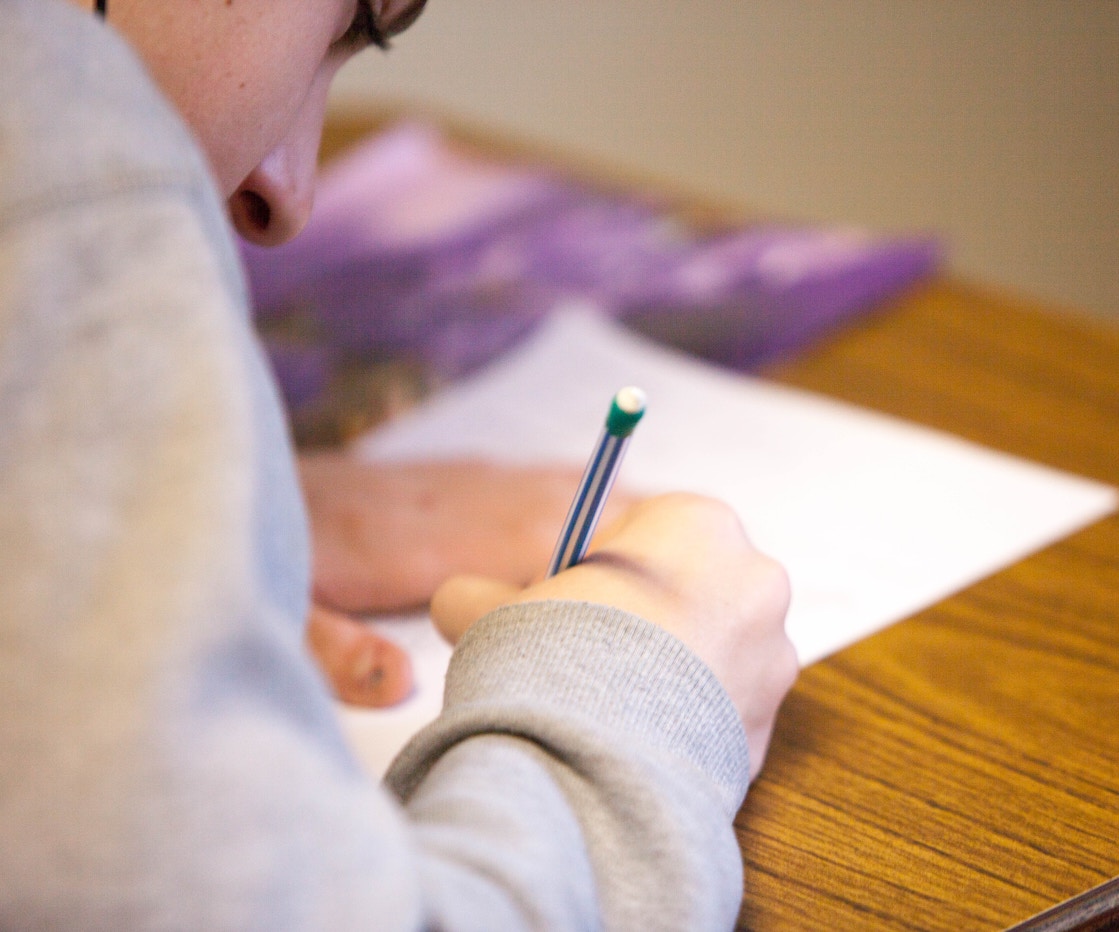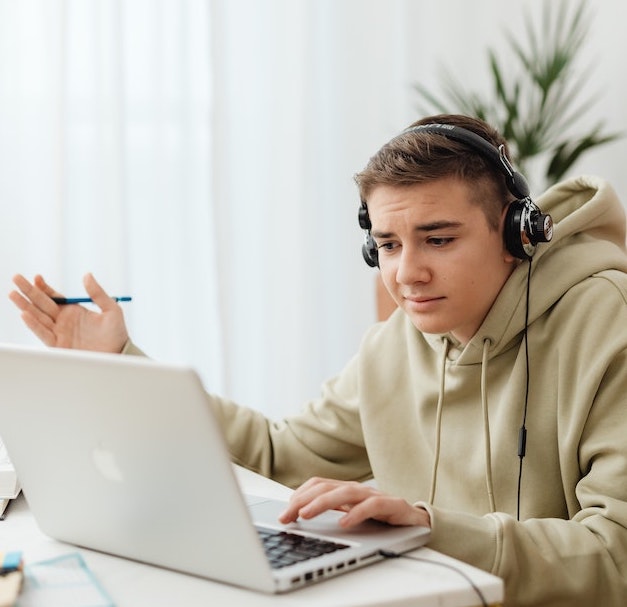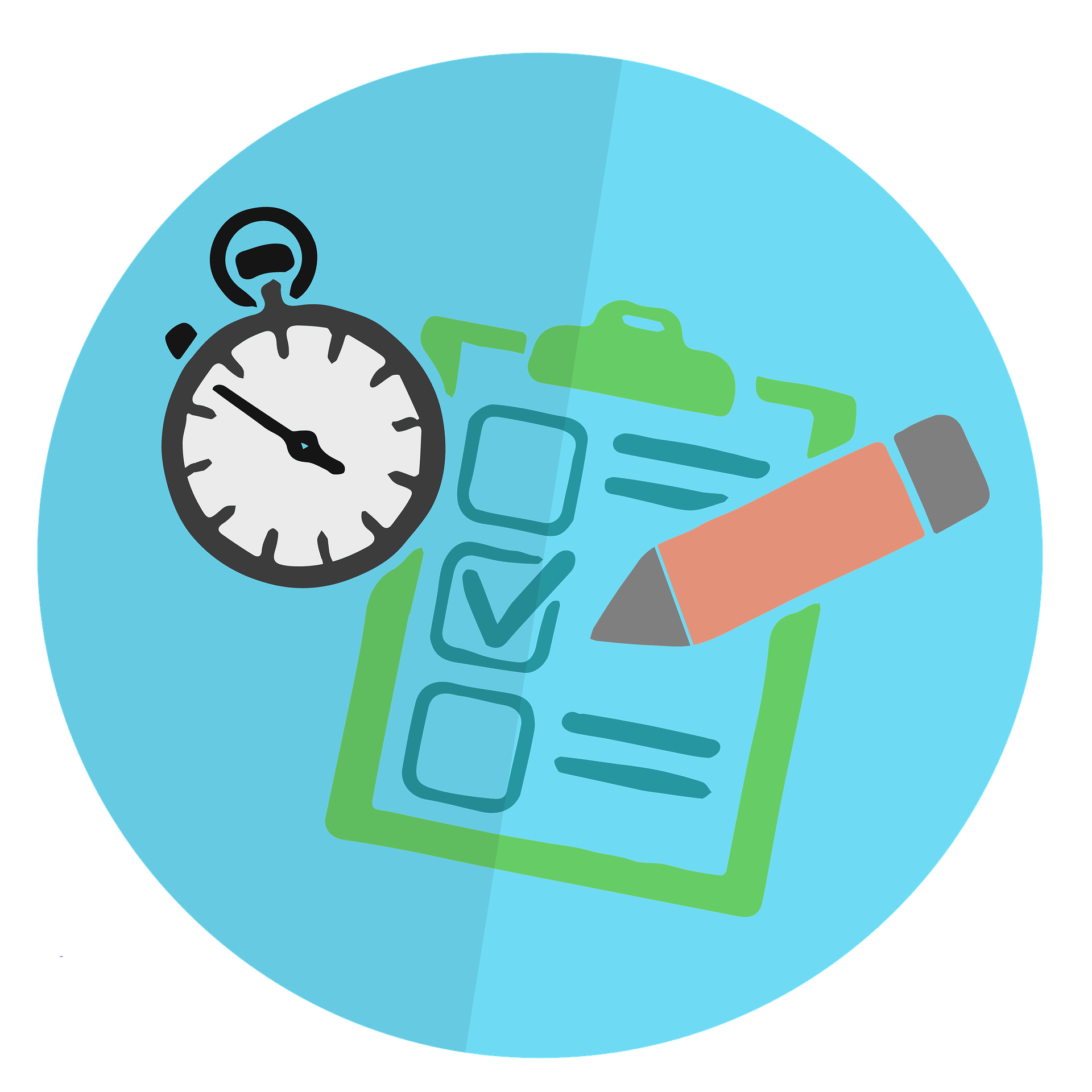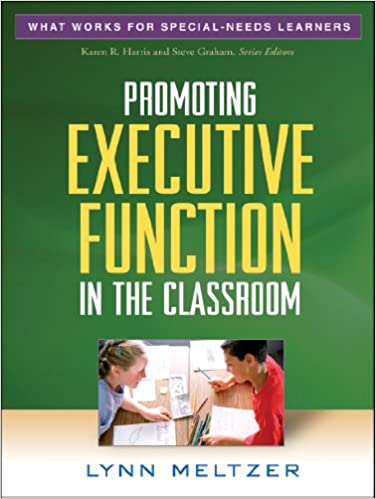 Researchers and experienced educators have found that often students don’t have good study habits and skills, or that they rely on strategies that don’t work, frequently at the urging of teachers and parents.
Researchers and experienced educators have found that often students don’t have good study habits and skills, or that they rely on strategies that don’t work, frequently at the urging of teachers and parents.
“It is somewhat shocking how many students just don’t know how to do it, which frustrates them and can turn them off to enjoying learning,” says Henry Roediger III, a professor of psychology and brain science at Washington University in St. Louis and co-author of the book “Make It Stick.” “It’s something that needs to be taught in third or fourth grade and reinforced throughout their school years.”
Busy teachers, however, may not be likely to add those lessons, so it often falls to parents. Nate Kornell, another researcher on the topic and a psychology professor at Williams College in Williamstown, Mass., says helping your child study can be a good opportunity to learn about their coursework, progress and abilities — and a way to get to know them better.
Roediger, Kornell and other researchers have found that some popular approaches to studying — such as rereading, highlighting or summarizing material — are not very effective, especially long term, while other techniques, including spacing out study and self-testing, are.
Here are suggestions from experts on how to teach children to study more effectively.
Set it up.
The ideas here are familiar. Establish a regular time and routine for homework — a pattern that can be started early in elementary school, with scheduled reading time or structured games, says Christine Martin, an early childhood educator and author of the book “You’ve Got This! Keys to Effective Parenting for the Early Years.”
Space it out.
John Dunlosky is a psychologist at Kent State University in Ohio who has done research on learning techniques. In one study with other researchers, he ranked 10 popular approaches using various criteria and he found that spaced practice — or studying a subject then taking a break and studying it again — was one of the most effective.
Mix it up.
Coaches and music teachers have long known that their students benefit from practicing a mix of skills in one session — scales and rhythmic work, for instance, or hitting fastballs and curves, then catching grounders.
Roediger says the same can be true for academic work. When a study session involves a mix of topics or approaches, it helps students “discriminate among the types of problems and select the right method for each,” he says.
Bring it back.
Researchers seem enthusiastic about retrieval — being quizzed about material you have studied, either by yourself or others — as the most effective studying technique.
A related technique of self-explanation, where students talk to themselves about their progress through the learning process, also has shown promise, Dunlosky says.
Make it deeper.
Kornell talked about an experience with his daughter, who as a young teenager had planned to memorize terms to study for an upcoming test about plant reproduction. He encouraged her instead to learn the material well enough to teach it to him.
Excerpted from “Many students don’t know how to study. Here’s how parents can help.” by former school counselor James Paterson in the On Parenting blog in The Washington Post online. Read the full article.
Source: The Washington Post | Many students don’t know how to study. Here’s how parents can help., https://www.washingtonpost.com/lifestyle/2019/04/15/many-students-dont-know-how-study-heres-how-parents-can-help | © 2019 The Washington Post







